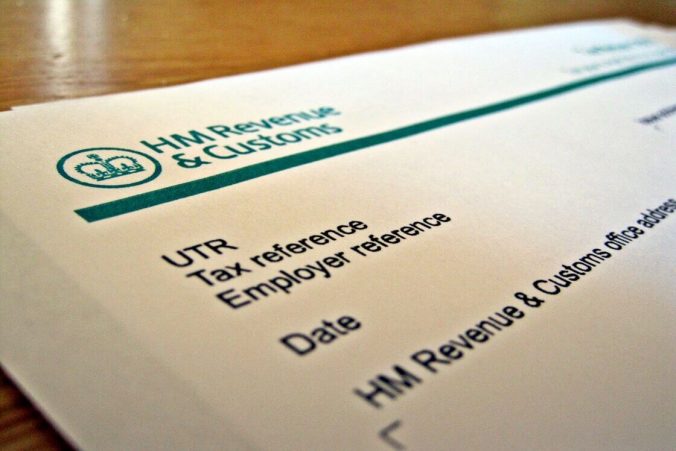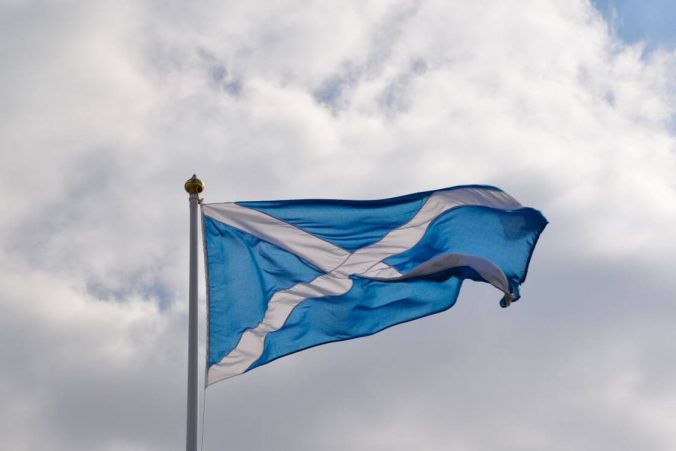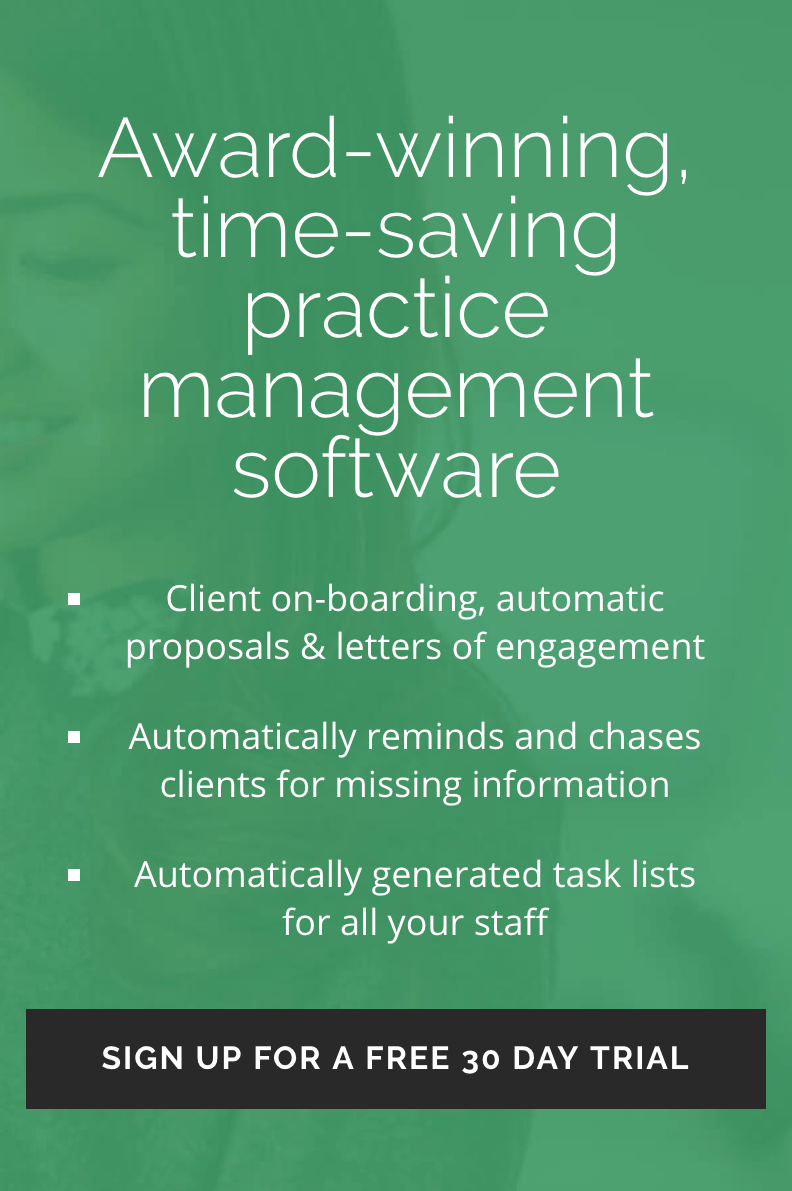Chancellor Rishi Sunak set out a Budget to protect businesses through the pandemic, fix the public finances and begin building the future economy.
The Chancellor once again pledged to do ‘whatever it takes’ during the COVID-19 pandemic and confirmed that the furlough scheme would be extended until September 2021 to support jobs through the crisis.
Mr Sunak also confirmed that the Self-Employment Income Support Scheme (SEISS) has also been extended, with two further grants this year. Claimable by the self-employed, including the newly self-employed from 6 April 2019, provided they have filed their 2019/20 tax return for by midnight on 2 March 2021,
The stamp duty nil rate band on residential properties in England up to £500,000 will continue until the end of June. It will taper to £250,000 until the end of September, and then return to the usual level of £125,000 from 1 October 2021.
To support businesses as they re-open following lockdown, £5 billion will be made available in restart grants. Non-essential retail businesses re-opening first will be eligible for up to £6,000 but the leisure and hospitality sectors, which have been worse affected and will re-open later, will be eligible for up to £18,000.
However, the rate of corporation tax will increase to 25% in April 2023 for companies with profits over £250,000, whilst retaining a Small Profits Rate of 19% for companies with profits of £50,000 or less.











